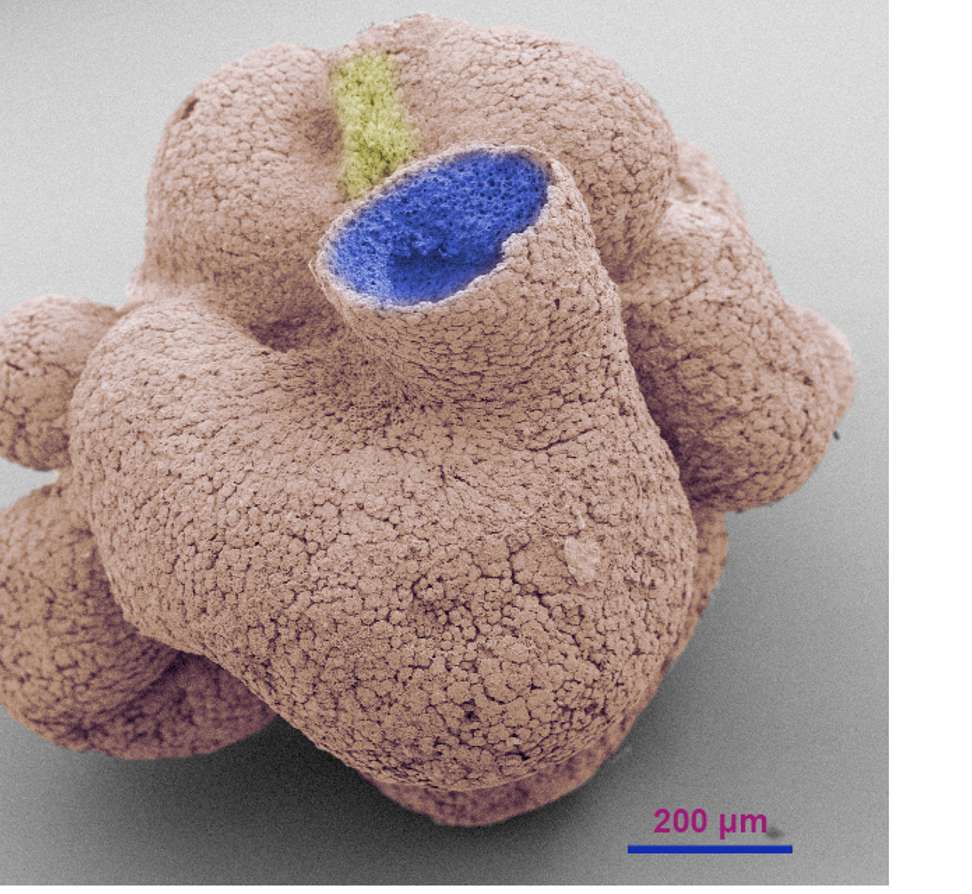
Rampant mining destroys world-renowned fossil site in China
Huge mining operation underway at the site in Guizhou province, which shows traces of some of the earliest organisms classified as animals
A world-renowned fossil site in China, which contains the remains of some of the earliest organisms classified as animals, has “almost been erased from the surface of the Earth” in recent months by rampant mining , according to a leading fossil scientist.
Hundreds of mining trucks are transporting rocks from the site in Wengan county in Guizhou province each day to make phosphorous, a raw material in fertiliser, according to Zhu Maoyan, a professor at the Nanjing Institute of Geology and Palaeontology.
The mining is destroying evidence of the fossilised remains of sponge-like, multi-cell organisms which are more than 600 million years old, he said.
“The 600 million years of life’s evolutionary history is being traded to help produce a bowl of rice,” said Zhu, who has studied at the site.
The early fossils were discovered in 1998 and are regularly mentioned in top research journals such as Science and Nature in articles about the origins of more sophisticated life forms.
Bacterium-like single cell organisms were found in oceans as long as 3.7 billion years ago, but multi-cell organisms such as those found at the site in southern China appeared much later. How and why this occurred remains one of the big questions in evolution.

However, up to now no action has been taken and the mining operations continue, said Zhu.
Wengan county has one of Asia’s largest phosphorus reserves. The mining business contributes more than 60 per cent of the county government’s annual tax income.
Intensive mining in the area has led to cases of massive subsidence.
Another fossil site covering about three square kilometres has nearly been destroyed and buried under huge heaps of debris caused by collapses since November last year.
The government-run Science and Technology Daily said the destruction of the Wengan county site was a grim day for the world’s palaeontology research community.
“The Wengan biota does not just belong to Wengan, but also China and the entire human race… it should not end up in a few bags of fertiliser,” it added.
Zhu said Wengan was also remarkable because of the abundance of fossils and their fine state of preservation, with details shown down to a cellular level.
“There may not be another place like it in the whole world,” he said.

